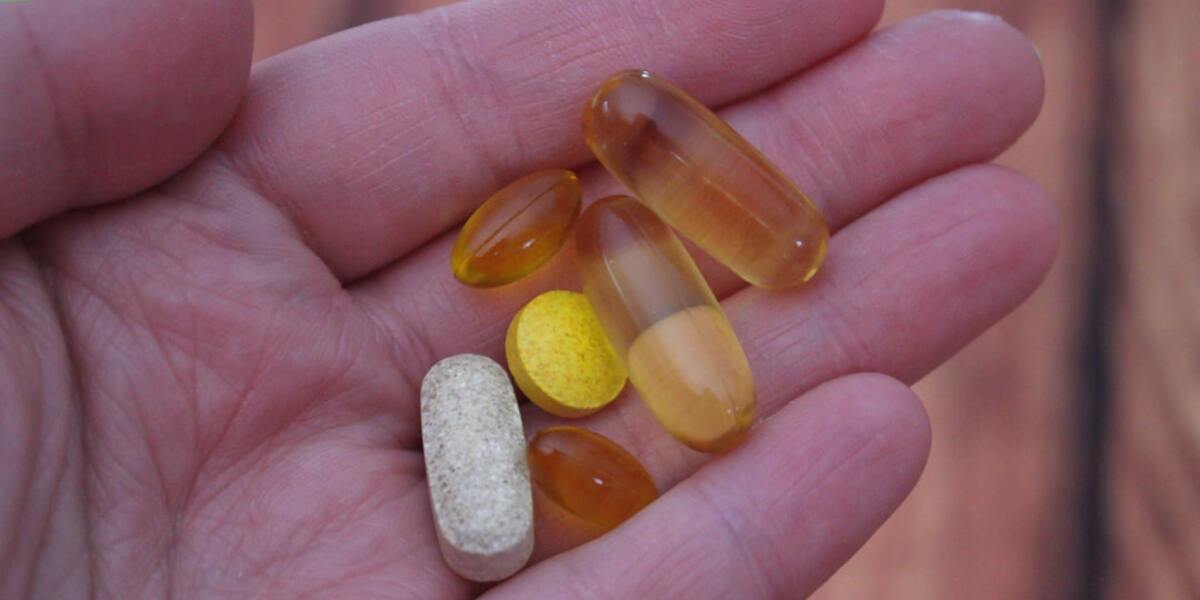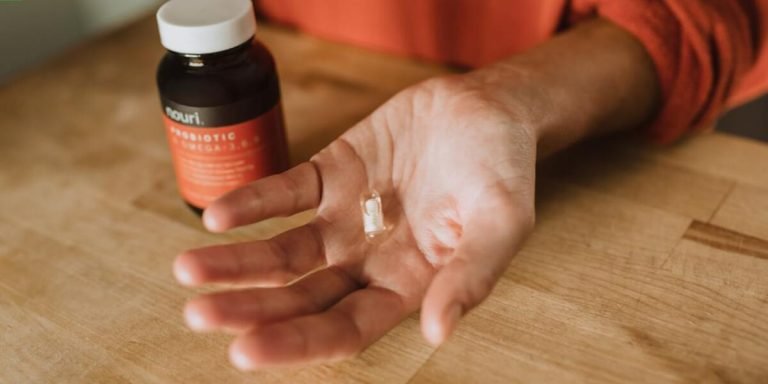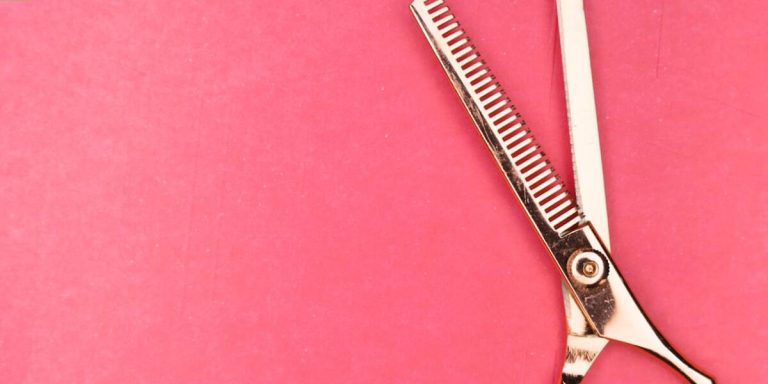Vitamin D Helps Hair Growth: Unveiling the Scientific Connection
Everyone dreams of having thick, luscious locks. However, vitamin D promotes hair growth. This essential nutrient maintains healthy skin and hair. Additionally, recent scientific studies have revealed a profound connection between vitamin D and an accelerated rate of hair growth.
Let’s dive into how exactly Vitamin D influences our body at the cellular level to stimulate faster and better-regulated hair growth cycles. These processes reveal nature’s perfection in minuscule details like your daily dose of sunshine or your diet, which could be the secret behind shiny tresses.
Did you know?
Scientific studies have found that Vitamin D stimulates hair follicles to grow. Interestingly, while the body can produce it through sunlight exposure, actual sunrays on your scalp may result in hair damage instead of growth.
Understanding the Role of Vitamin D in Hair Growth
Vitamin D is crucial for maintaining overall health and promoting hair growth. Often overlooked, this “sunshine vitamin” is essential for healthy follicle function—the tiny factories that produce strands of hair. A lack of Vitamin D can lead to unnecessary hair fall or stunted growth.
Research indicates that hair follicle cells divide rapidly and need abundant nutrients during their growth phase (anagen). An adequate supply of essential vitamins, such as Vitamin D, is crucial; it provides nutrition to accelerate regrowth following natural shedding (telogen). So, when you soak up the sun and absorb precious vitamin D, remember it’s not only promoting stronger bones but also potentially bidding goodbye to thinning hair.
The Science Behind Vitamin D and Follicle Health
Vitamin D holds a crucial spot in the row of vitamins that promote hair growth. Known as the ‘sunshine vitamin’, it plays an integral role by stimulating and nourishing the follicles, which are miniature organs on our scalp responsible for hair production.
Vitamin D plays a direct role in follicle health by supporting the creation of new hairs. Healthy follicles produce new strands that push out the old, maintaining consistent hair density. If your body lacks adequate Vitamin D, these normally efficient hair follicles start to underperform, possibly resulting in thinning or reduced hair volume over time.
Direct sunlight exposure prompts our bodies to produce this stellar vitamin. Modern life constraints, however, frequently prevent us from getting enough naturally, particularly during winter months or because of lifestyle habits such as spending most of our time indoors or using heavy sun protection products. To address the shortfall:
- Include fatty fish in your diet, such as salmon, tuna, and mackerel.
- Consume fortified dairy products.
- Consider supplementation when necessary and based on a physician’s advice.
These steps help maintain robust follicle health!
Identifying Signs of Vitamin D Deficiency Affecting Hair
Hair growth depends on several factors, among which essential vitamins play a crucial role. Studies have consistently associated vitamin D with healthy hair and its growth. Recognizing signs that indicate how a vitamin D deficiency could impact your hair is important.
Increased hair shedding can indicate a vitamin D deficiency. Normally, people lose about 100 hairs per day. If you notice more significant loss on your pillow after sleeping or while brushing your hair, you may have insufficient levels of vitamin D. Hair follicles are highly sensitive to hormones, and vitamin D is crucial for regulating their growth cycle.
A slower-than-usual hair regrowth can also indicate a vitamin D deficiency. Normally, a healthy human scalp grows about half an inch of hair each month. Despite daily shedding, new strands continue to grow simultaneously. But a vitamin D deficiency might slow down this growth rate, potentially leading to baldness if not addressed promptly.
A change in texture also hints at potential issues within our bodies such as lacking vital nutrients like vitamins needed promote stronger locks – look changes soft silky strands becoming brittle dull over time without apparent external causes (such heat treatment chemicals).
Top Sources of Vitamin D for Optimal Hair Growth
Facing hair fall issues and seeking a natural solution? Look no further than Vitamin D. Often overlooked, this essential nutrient plays an integral role in fortifying the health of your hair follicles, stimulating growth and reducing excessive shedding.
Regular outdoor activity is one of the best sources of Vitamin D, commonly called the ‘sunshine vitamin’, as our bodies produce it naturally when exposed to sunlight. However, it’s crucial to balance sun exposure with protective measures such as:
- Applying sunscreen
- Wearing covered clothing
to avoid overexposure.
For those living in less sunny regions or often indoors, certain foods are crucial for getting enough Vitamin D. Eat these foods to obtain sufficient Vitamin D:
- Fatty fish such as salmon and mackerel, which also contain Vitamins A and E as well as Omega-3 fatty acids essential for a healthy scalp and hair growth
- Egg yolks, which offer moderate levels of Vitamin D
- Dairy products like milk and cheese, along with fortified cereals that provide smaller amounts
Consistent consumption of these can significantly help maintain desired Vitamin D levels.
Furthermore, diet modifications can help, but they often fall short for those with severe deficiencies or restrictive dietary requirements from medical conditions or ethical choices. Over-the-counter supplements offering synthetic versions can effectively bridge these nutritional gaps, promoting strong hair growth.
Dietary Choices Rich in Vitamin D
To enjoy the benefits of vitamin D for hair growth, it’s vital to incorporate certain dietary choices into your routine. Food sources can provide a significant amount of this essential nutrient.
1. Fatty Fish: A top source is fatty fish like salmon and mackerel. These are not just rich in vitamin D but also contain omega-3 fats, which promote healthy hair.
2. Mushrooms: Another great option is mushrooms, particularly those grown under UV lights as they absorb more sunlight leading to higher levels of vitamin D.
3. Fortified Foods: Many foods on supermarket shelves today come fortified with vitamins including vitamin D; these include milk (both dairy and plant-based alternatives), breakfast cereals and orange juice.
4. Egg Yolks: Eggs specifically their yolk part have decent amounts of Vitamin D along side protein that aids in healthier hair follicles.
Importance of Sunlight Exposure and Supplementation
The role of Vitamin D in promoting a healthy mane cannot be overemphasized. It’s crucial to understand why sunlight exposure and supplementation are beneficial.
Vitamin D is often known as the ‘sunshine vitamin’. Our bodies naturally produce it when directly exposed to sunlight. This nutrient plays an instrumental part in cell growth stimulation, which includes those found on your scalp responsible for hair development.
However, with our indoor-dominated lifestyles, getting ample sun can be challenging. Factor in concerns about skin cancer due to excessive UV radiation; people understandably choose to stay away from prolonged direct sun contact. That’s where Vitamin D supplements step into the picture.
But what happens when there isn’t enough supply of this essential vitamin? Well, deficiency might lead up causing increased hair fall or even alopecia – an auto-immune disease resulting not just thinning but quick onset baldness subjects have experienced.
Evidence suggests that individuals with non-scarring Alopecia Areata have lower levels of serum 25-hydroxyvitamin D than those without any form of alopecia, highlighting the importance of sufficient vitamin D intake.
Incorporating Vitamin D into Your Hair Care Regimen
Incorporate Vitamin D into your hair care routine and make one of the best decisions for 2023. Often referred to as the ‘sunshine vitamin,’ Vitamin D maintains overall health, including hair health. A deficiency might cause brittle locks, slow growth, or undernourished follicles resulting in excessive shedding.
Scientific research documents well the links between Vitamin D and healthy hair. Vitamin D helps create new follicles, where fresh strands grow, promoting thicker and fuller tresses over time. People with thinning problems may see notable improvement, making Vitamin D an essential component for any effective hair growth regimen.
- Include vitamin D-rich foods in your diet, like fatty fish and fortified cereals.
- Additionally, take quality supplements recommended by professionals, especially during sun-deprived winter months when outdoor activities are limited due to logistical constraints or situations like a pandemic.
Apply specially formulated products with vitamin D topically to nourish your skin and hair at the root level. This improves appearance and texture for a robust mane all year round.
Creating a Balanced Diet for Healthy Hair
The correlation between vitamin D and hair growth is undeniable. Vitamin D, often dubbed as the ‘sunshine vitamin’, plays an indispensable role in supporting healthy hair follicles, which are key to maintaining thick and lustrous locks.
Integrate foods rich in Vitamin D into your daily diet to enhance your hair health. Excellent sources include:
- Fish like mackerel or salmon
- Fortified dairy products
- Sunlight-exposed mushrooms
In addition to incorporating these food items into your diet, make sure to get some daily sunlight, which is a natural source of Vitamin D. However, practice moderation because excessive exposure can cause skin damage or even skin cancer. Remember to always protect your skin when outdoors.
Over-the-counter supplements are readily available to fill dietary gaps and ensure optimal Vitamin D intake year-round, regardless of geographical location or season changes.
Guidelines for Supplementing with Vitamin D Safely
While Vitamin D is known to play an essential role in hair growth, it’s crucial to incorporate this nutrient into your regimen safely. Here are some guidelines for supplementing with Vitamin D effectively.
1. Start Small: Begin taking a small dose of vitamin D and gradually increase the amount under professional guidance. This approach enables you to monitor how your body responds without risking overdosing.
2. Regular Testing: It’s important to have regular blood tests when consuming supplements, particularly if they include elements such as calcium along with vitamin D. Over-consumption can lead to buildup in the bloodstream that may contribute negatively towards overall health.
3. Balanced Diet: While supplementation plays its part, including foods rich in vitamin D like fatty fish (salmon or mackerel), cheese, eggs yolks etc., helps maintain balanced nutrition levels naturally.
5.Ideal Timing : Consuming pills first thing after waking might not be advisable due high probability of forgetfulness plus potential impact on digestion . Therefore , finding time during day which suits personal routine best is recommended .
6.Protect Skin : Last but not least keep protecting skin from harmful UV rays even while trying get more sunlit exposure for meeting natural Vit-D requirements .
Conclusion
Science has validated that vitamin D helps hair growth. The influence a simple nutrient can have on our hair is astounding. Whether you strive to preserve healthy hair or battle hair loss, incorporating this essential vitamin into your regimen could be the game-changer you’ve been searching for.
Stick around – much more awaits in the fascinating world of Hair Growth Vitamins! Explore our website to uncover a myriad of healthful vitamins offering potent benefits for hair regeneration. Give your tresses the supreme care they deserve, powered by scientific knowledge at its best!







